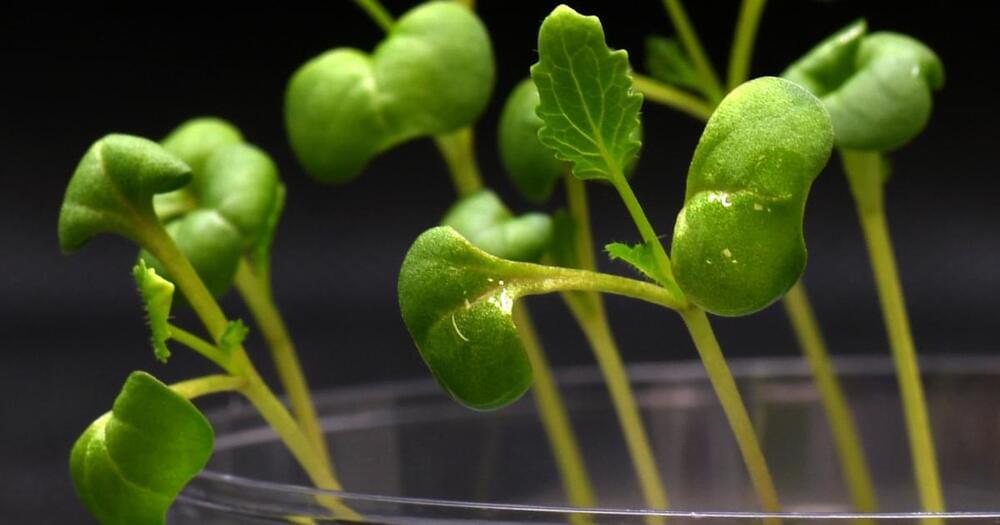Some things that could make the world more efficient simply feel impossible to achieve — not like having to eat and sleep or not suffering through inflated grocery store prices.
Earlier this week, though, scientists at UC Riverside and the University of Delaware say they found a way to cross one of those seemingly impossible barriers when they convinced plants to grow in total darkness. A university press release says the team used a two-step process to convert carbon dioxide, electricity and water into acetate. Plants consumed the acetate and were able to grow in the dark.
The release said that combined with solar panels to generate electricity, this method of food production would be more than 18 times as effective as the natural process, which they claim uses only 1 percent of the energy found in sunlight alone. The team’s research was published Thursday in the journal Nature Food.










Comments are closed.